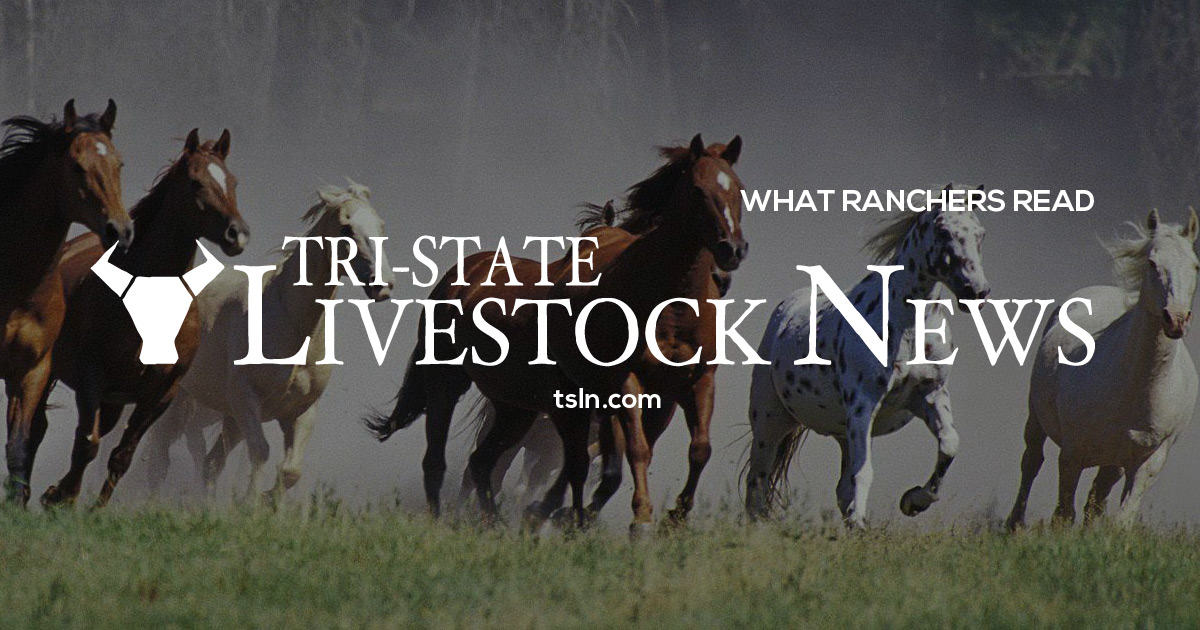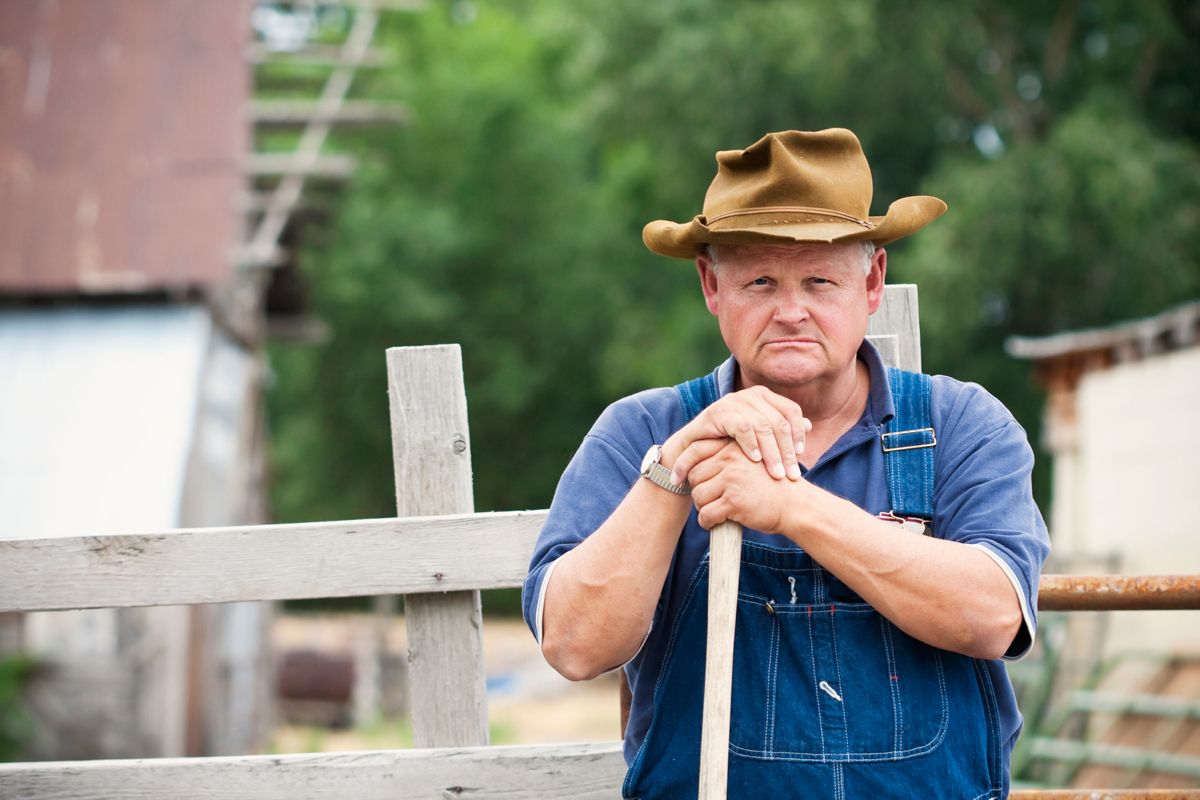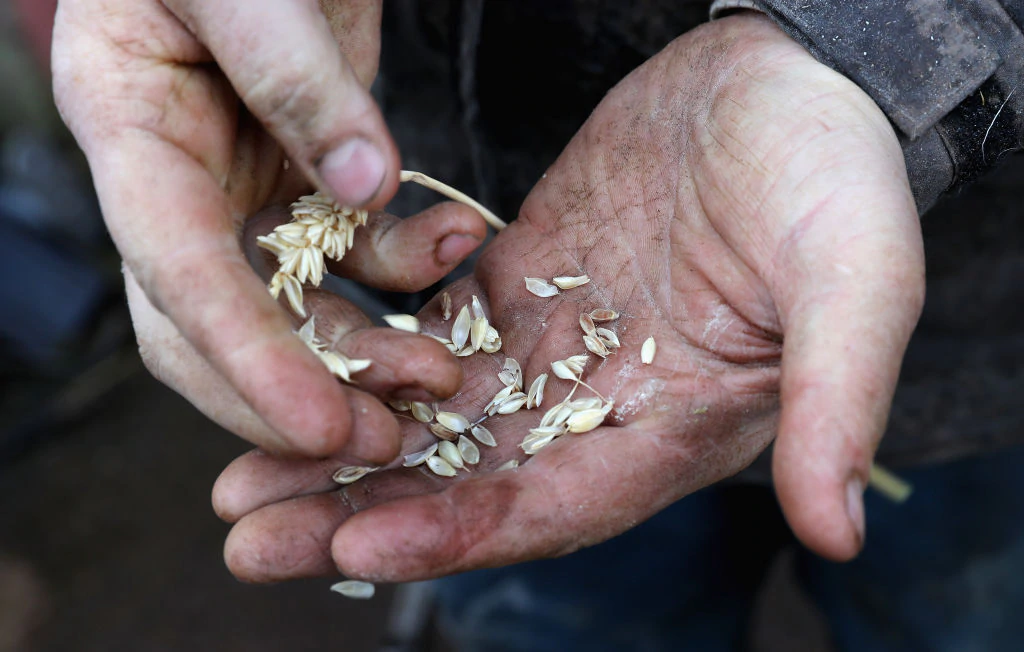03/23/2020 SOURCE: vegnews.com
-
(0)
-
Bookmark
- Comments. (0)
-
(0)
-
Bookmark
- Comments (0)
03/02/2020 SOURCE: www.farmanddairy.com
"In the 1940s, the United States was the world’s fifth largest wool producer. Wool was the primary product. Meat was second. Wartime propaganda touted the strength of U.S. influence, quantified by the valuation of wool."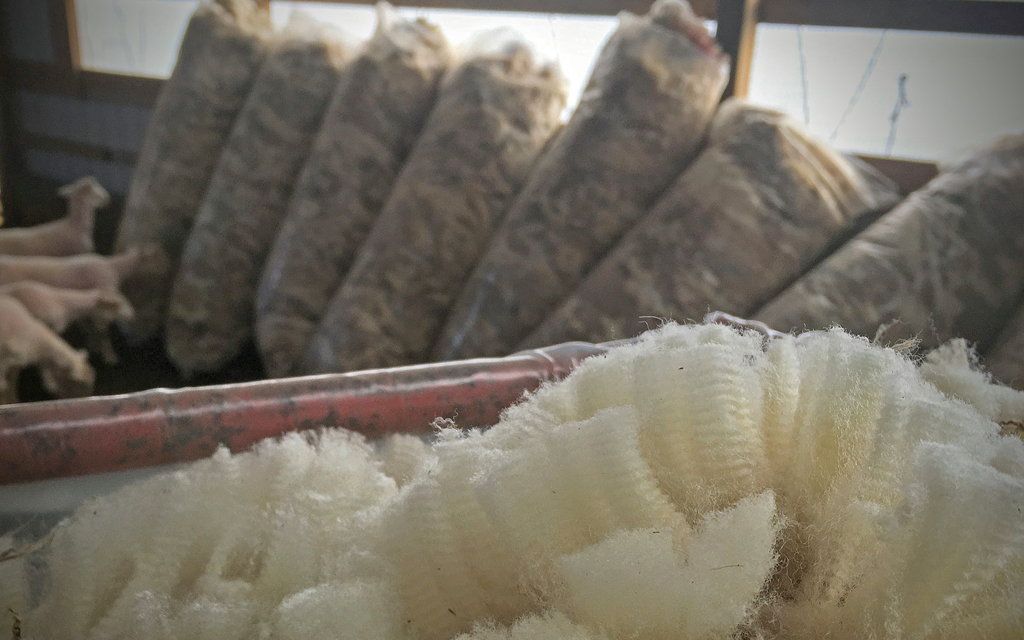
-
(0)
-
Bookmark
- Comments. (0)
 Kim Bremmer
Kim Bremmer
Topics: Livestock/Meat, Poultry, Antibiotics,
As farmers continue to use fewer antibiotics, both voluntarily and involuntarily, this piece caught my eye. Great discussion about minimizing inflammation and continued research in mineral supplementation. Check out the two links at the end as well.
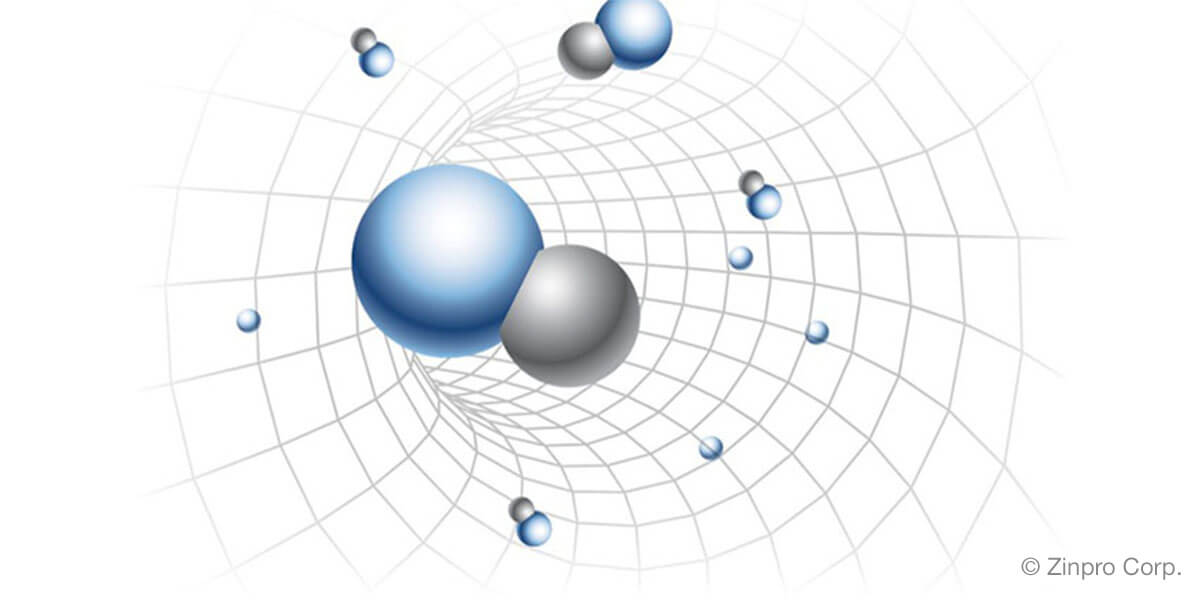
-
(1)
-
Bookmark
- Comments (1)
01/23/2020 SOURCE: www.bbc.com
"Report says if people don’t cut consumption willingly, taxes on meat and dairy might be needed."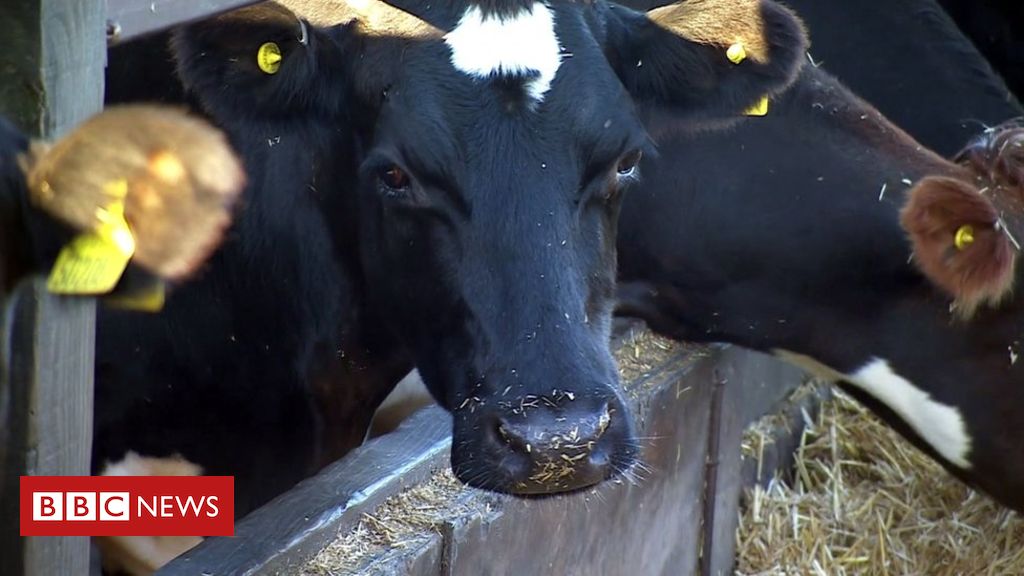
-
(0)
-
Bookmark
- Comments. (0)
01/23/2020 SOURCE: www.newscientist.com
"The altered chickens showed no signs of disease even when exposed to high doses of the avian leukosis virus (ALV). The virus is a problem for poultry farmers around the world..."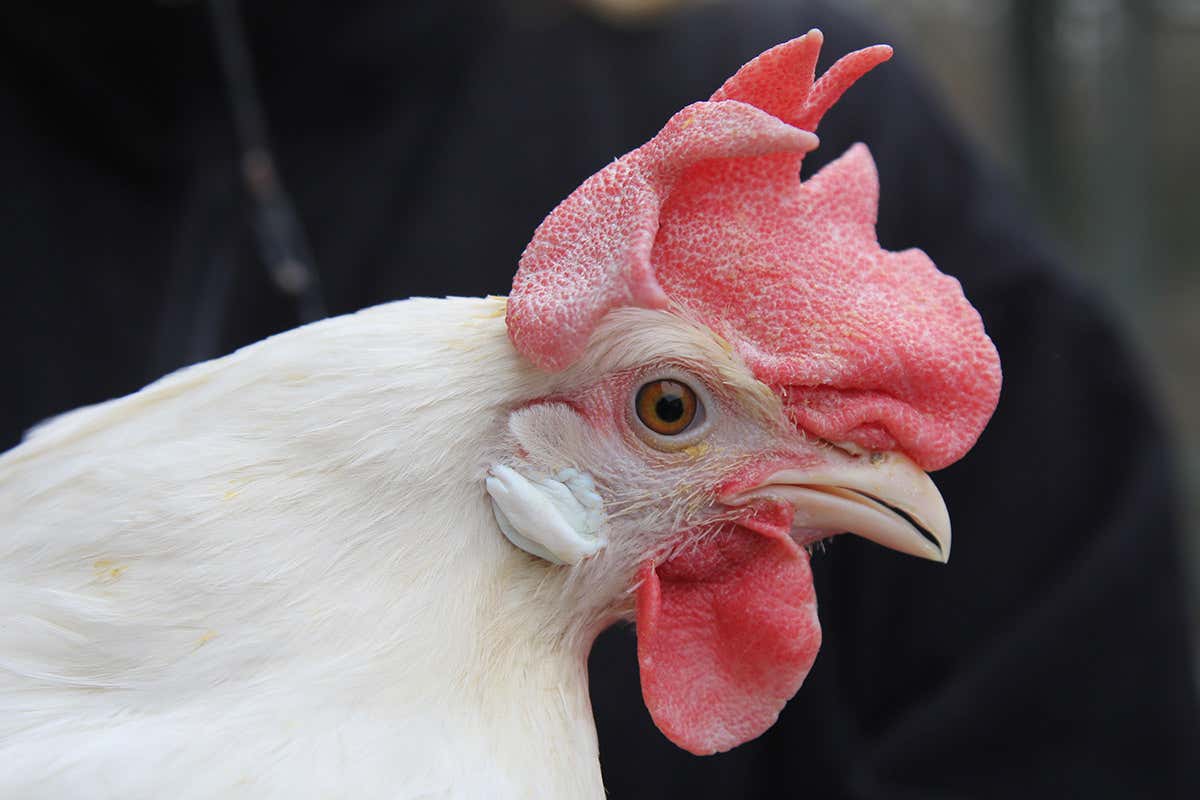
-
(0)
-
Bookmark
- Comments. (0)
 Randy Krotz
Randy Krotz
Topics: Livestock/Meat, Beef Cattle, Ranching,
Wagyu cattle are NOT massaged, fed beer, and played classical music.
-
(2)
-
Bookmark
- Comments (0)
01/17/2020 SOURCE: civileats.com
-
(0)
-
Bookmark
- Comments. (0)
01/14/2020 SOURCE: www.cityam.com
-
(0)
-
Bookmark
- Comments. (0)
 Randy Krotz
Randy Krotz
Topics: Livestock/Meat, Beef Cattle, Ranching,
This article is a good read about the complications of branding meat and the implications it has caused over the past decade or more.
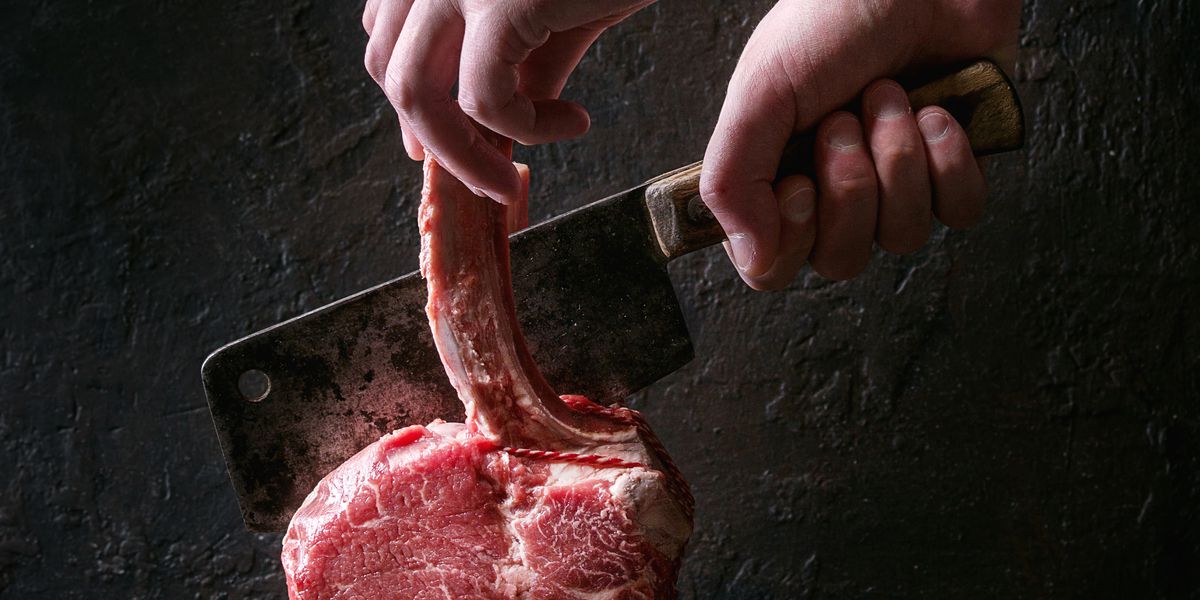
-
(0)
-
Bookmark
- Comments (0)


 John LaRose Jr.
John LaRose Jr.
